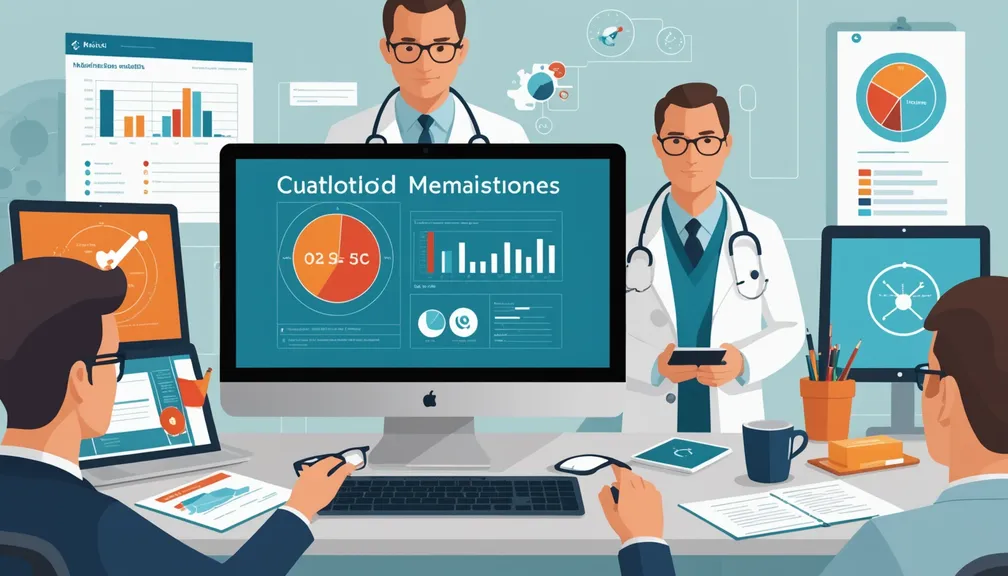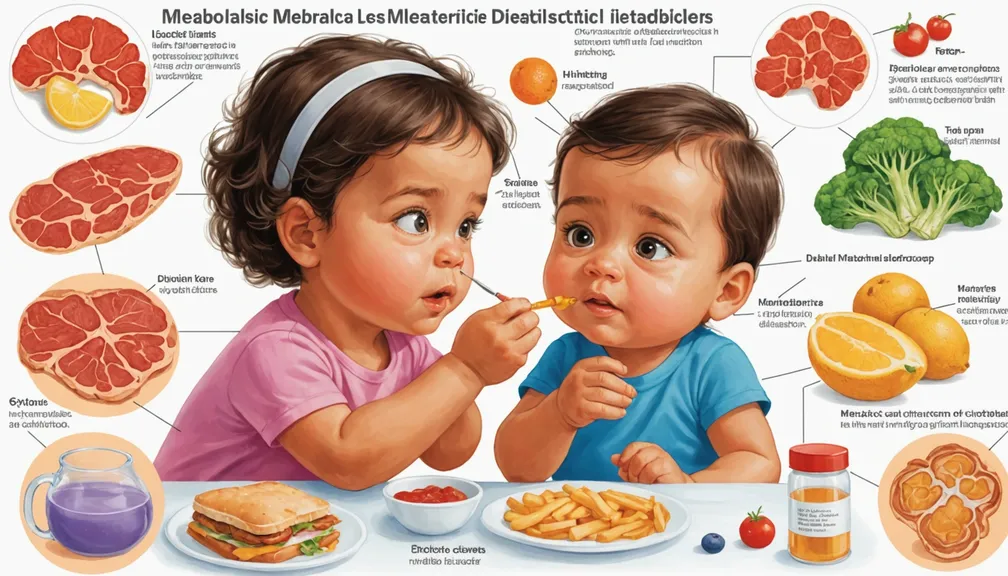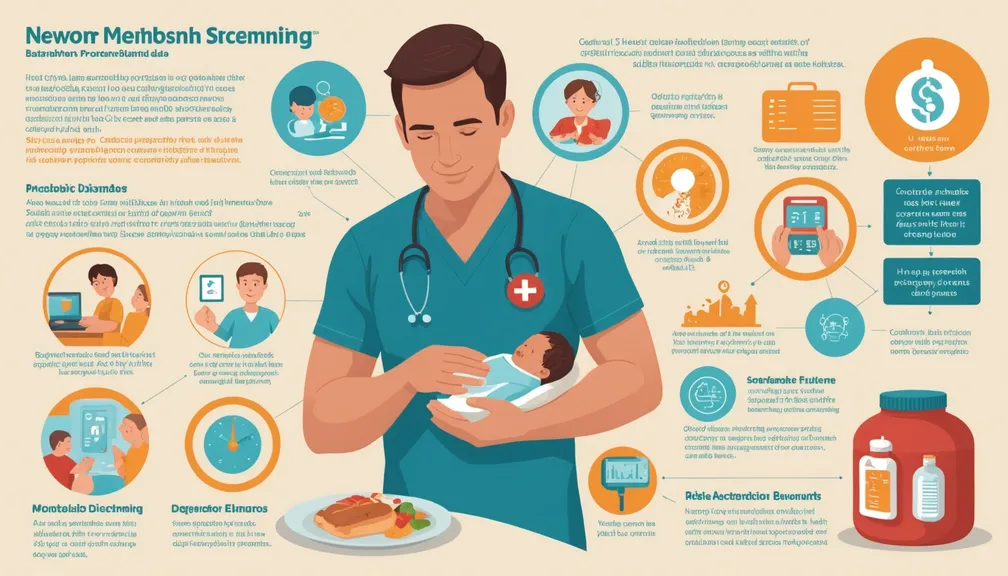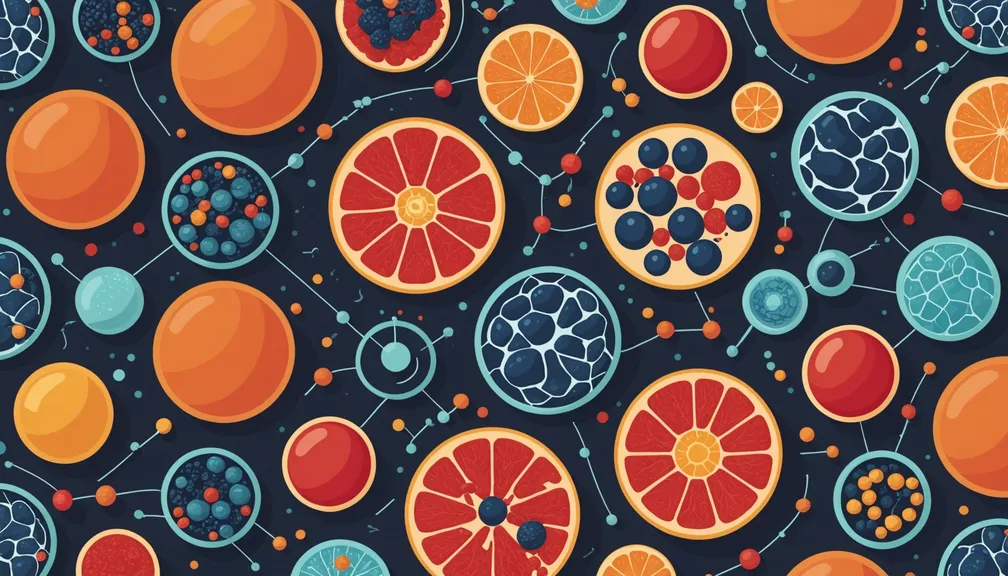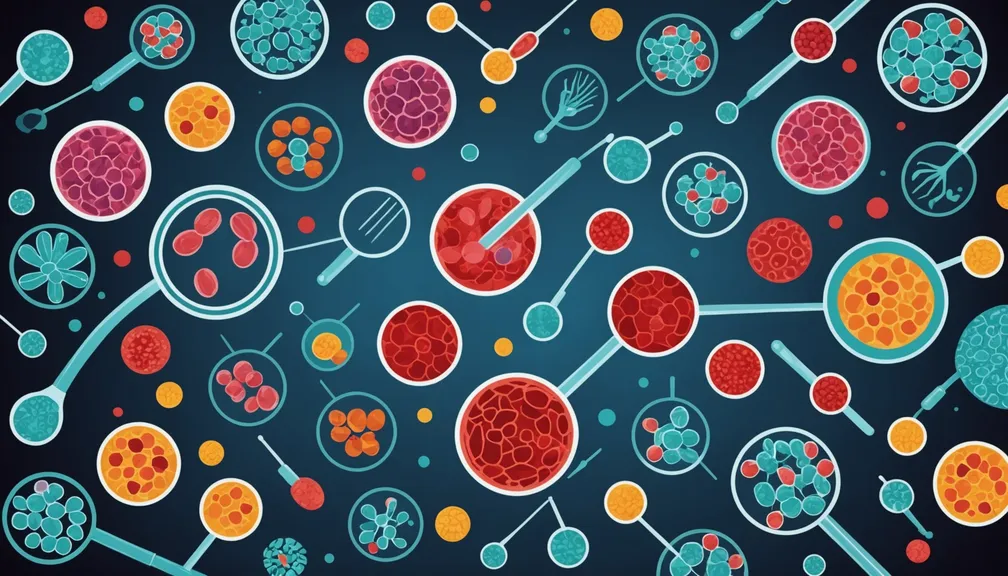Metabolism 101: How the Body Processes Energy
Understanding Metabolism
What is Metabolism?
Metabolism refers to all the chemical reactions that occur within your body to maintain life. These processes convert the food you eat into energy and the building blocks needed for growth, repair, and overall functioning.
How Metabolism Works in the Body
Metabolism consists of two main components: - Catabolism: Breaks down molecules to produce energy. - Anabolism: Uses energy to build and repair tissues.
Enzymes, which are special proteins, play a crucial role in speeding up these metabolic reactions.
What are Metabolic Rare Disorders?
Definition
Metabolic rare disorders are a group of conditions that disrupt the body's ability to convert food into energy. This disruption is often due to enzyme deficiencies or dysfunctional metabolic pathways, leading to the accumulation of harmful substances or a shortage of essential compounds.
Causes
- Enzyme Deficiencies: Missing or malfunctioning enzymes prevent normal metabolic processes.
- Genetic Mutations: Inherited changes in genes can disrupt metabolism.
- Disrupted Pathways: Abnormalities in the series of chemical reactions can impair energy production.
Common Types of Metabolic Rare Disorders
Phenylketonuria (PKU)
Affects the body's ability to break down the amino acid phenylalanine, leading to its buildup.
Gaucher Disease
Involves a deficiency in the enzyme that breaks down a specific type of fat, causing its accumulation in organs.
Fabry Disease
Results from the buildup of a particular type of fat in the body's cells, affecting various organs.
Symptoms and Diagnosis
Common Symptoms
- Growth Delays: Slower physical development in children.
- Fatigue: Persistent tiredness due to energy production issues.
- Neurological Problems: Issues such as seizures or developmental delays.
- Organ Dysfunction: Problems in organs like the liver, heart, or kidneys.
How Metabolic Disorders are Diagnosed
- Newborn Screening: Early testing shortly after birth.
- Genetic Testing: Identifies specific gene mutations.
- Blood and Urine Tests: Detect abnormal levels of substances.
- Imaging Studies: Assess organ involvement and damage.
Treatment and Management
Dietary Management
- Special Diets: Restricting or supplementing certain nutrients to manage substance levels.
- Nutritional Counseling: Working with dietitians to plan balanced meals.
Enzyme Replacement Therapy
Providing the missing enzyme through regular infusions to help carry out necessary metabolic functions.
Medications
- Substrate Reduction Therapy: Reduces the production of substances that accumulate.
- Chaperone Therapy: Helps stabilize malfunctioning enzymes.
Lifestyle Adjustments
- Regular Monitoring: Frequent check-ups to track health status.
- Exercise Programs: Tailored physical activities to maintain strength and flexibility.
- Support Services: Access to counseling and support groups.
Living with a Metabolic Disorder
Daily Life Tips
- Consistency is Key: Adhering to treatment plans and dietary restrictions.
- Educate Yourself and Others: Understanding the disorder to better manage it and inform those around you.
- Stay Organized: Keeping track of medications, appointments, and dietary needs.
Support Systems
- Family and Friends: Emotional and practical support from loved ones.
- Support Groups: Connecting with others who have similar experiences.
- Educational Resources: Accessing information to stay informed about the disorder.
Healthcare Team
Types of Doctors and Health Professionals Who Can Help
- Metabolic Specialists: Doctors who focus on metabolic disorders.
- Geneticists: Specialists in genetic conditions and testing.
- Dietitians: Experts in nutrition and dietary management.
- Neurologists: Doctors who address neurological symptoms.
- Cardiologists: Specialists for heart-related issues.
- Nurses and Nurse Practitioners: Provide ongoing care and support.
- Social Workers and Counselors: Offer emotional support and resources.
Understanding metabolic rare disorders empowers patients and their loved ones to manage the condition effectively. By working closely with a dedicated healthcare team and following treatment plans, individuals can lead healthy and fulfilling lives despite the challenges posed by these disorders.
